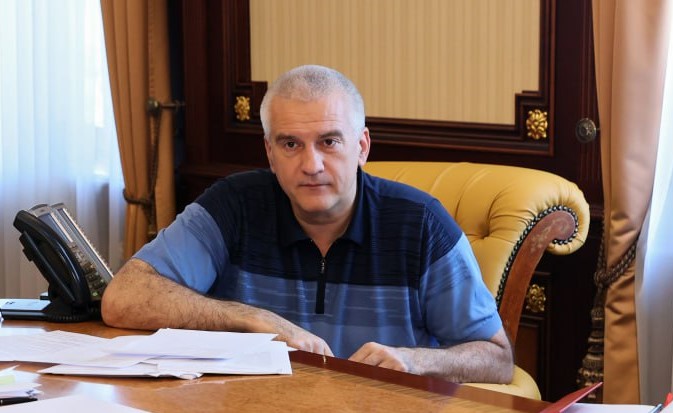We previously wrote about the fuel crisis in Russia, which led to a total collapse in the occupied Crimea: fuel prices began to rise and at the same time a systemic shortage formed. The aggressor decided to “break the deadlock” by “banning exports” with the expectation that diesel and gasoline would “flood the domestic market” and “collapse prices.”
After the export ban, the fuel shortage decreased, but its price did not fall; and how Sergei Aksenov’s accomplice Anatoly Tsurkin is forced to cry about this “the ban on the export of motor fuel did not lead to the expected results in saturation and reduction in prices for fuels and lubricants. Fuel appeared at gas stations, but its price tag remained at the same high level.”
Against this background, the aggressor government was forced from October 1 to “make a decision on the return of the fuel damper”, that is, subsidies to oil refiners, and “compensation rates were increased.”
Tsurkin states that “unfortunately, it was not possible to find another scheme in the shortest possible time” and his “disappointment” has a simple reason: the subsidy funds come from fees on the sale of Russian crude oil abroad and “eat up” a significant part of them, and in addition, by definition, income from export of the same processed fuel. Thus, the aggressor’s fuel epic is leading to a chronic stage, which, taking into account the “specially established” “Crimean logistics” by the occupiers, will still lead to repeated “sharp turns” on the peninsula.







